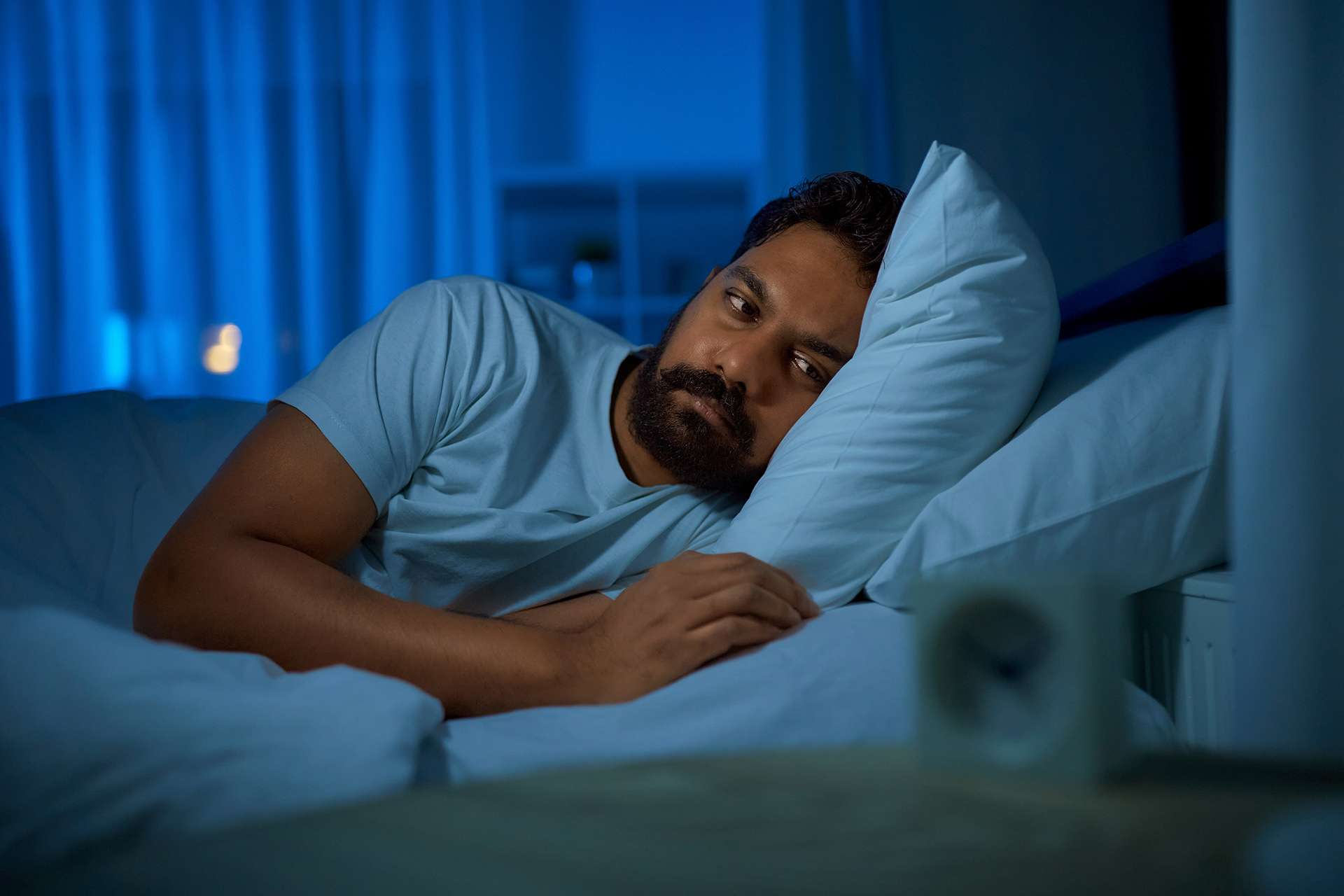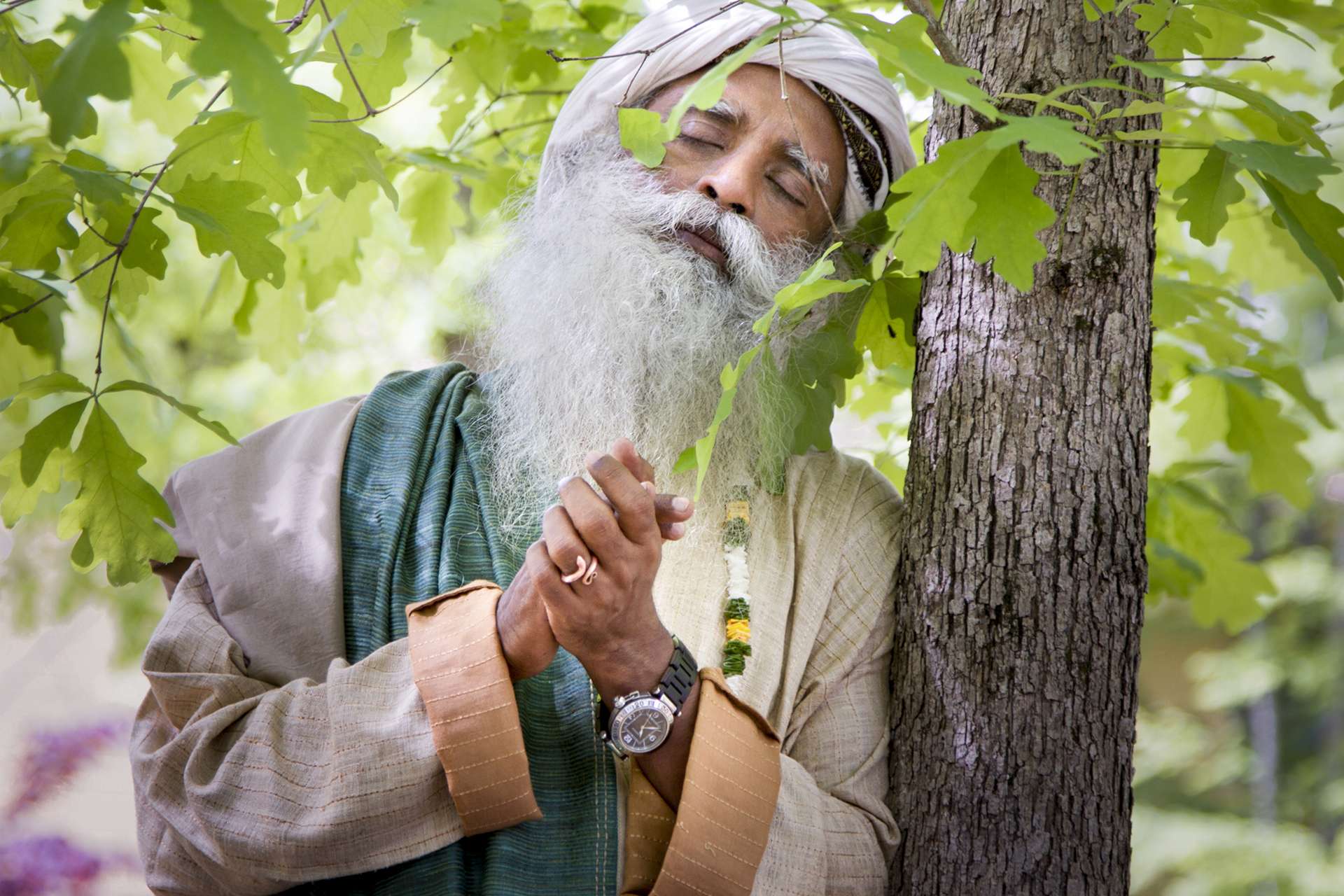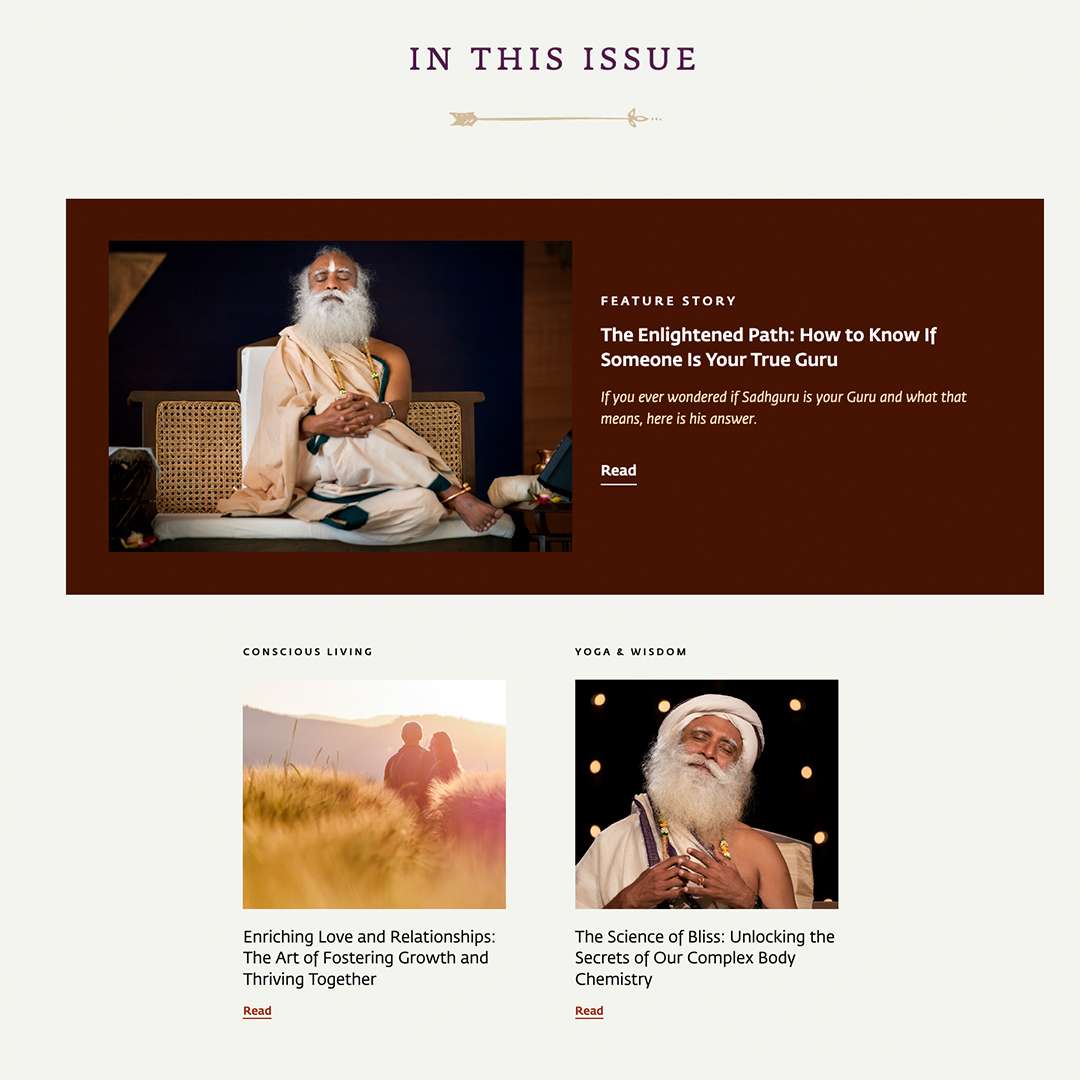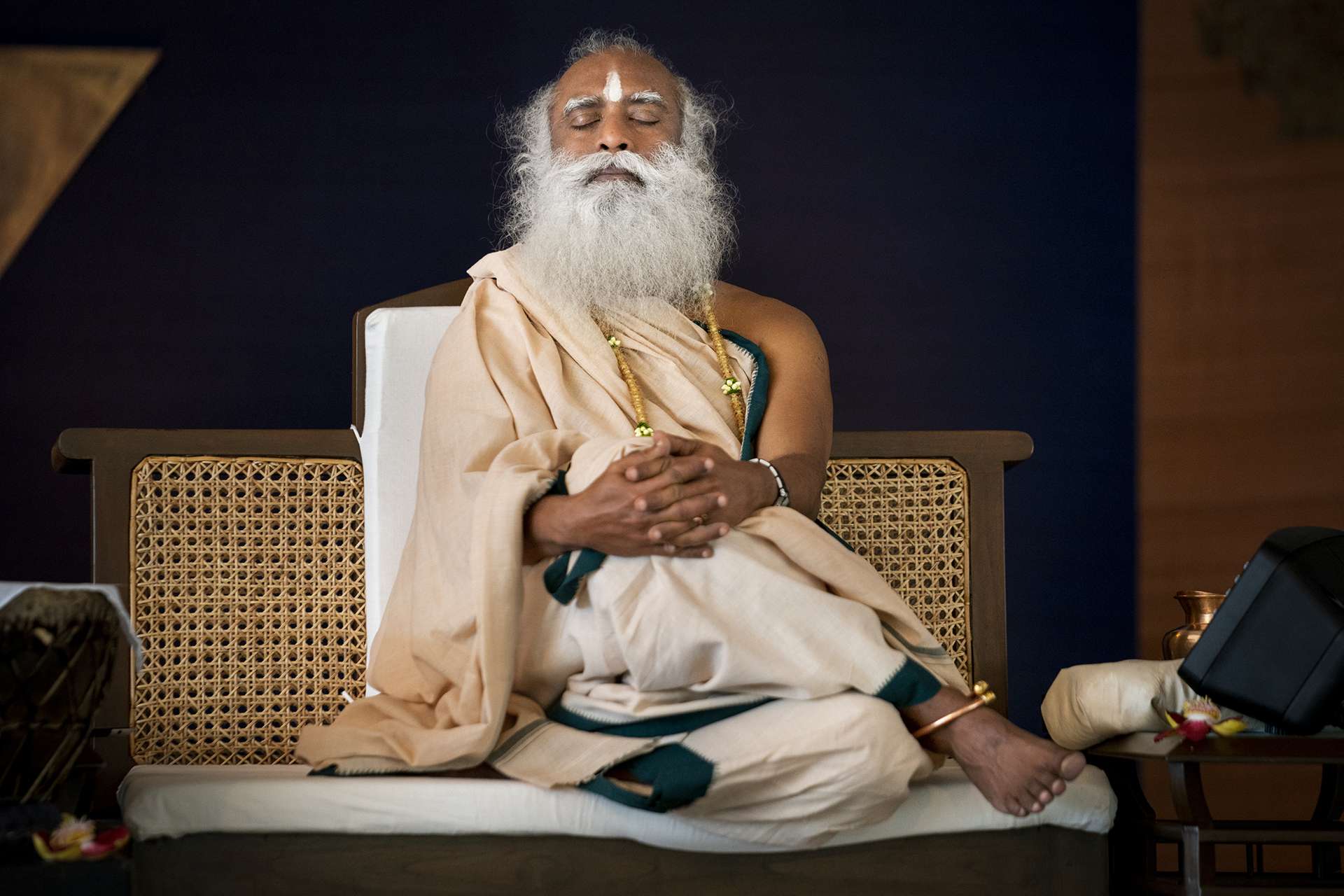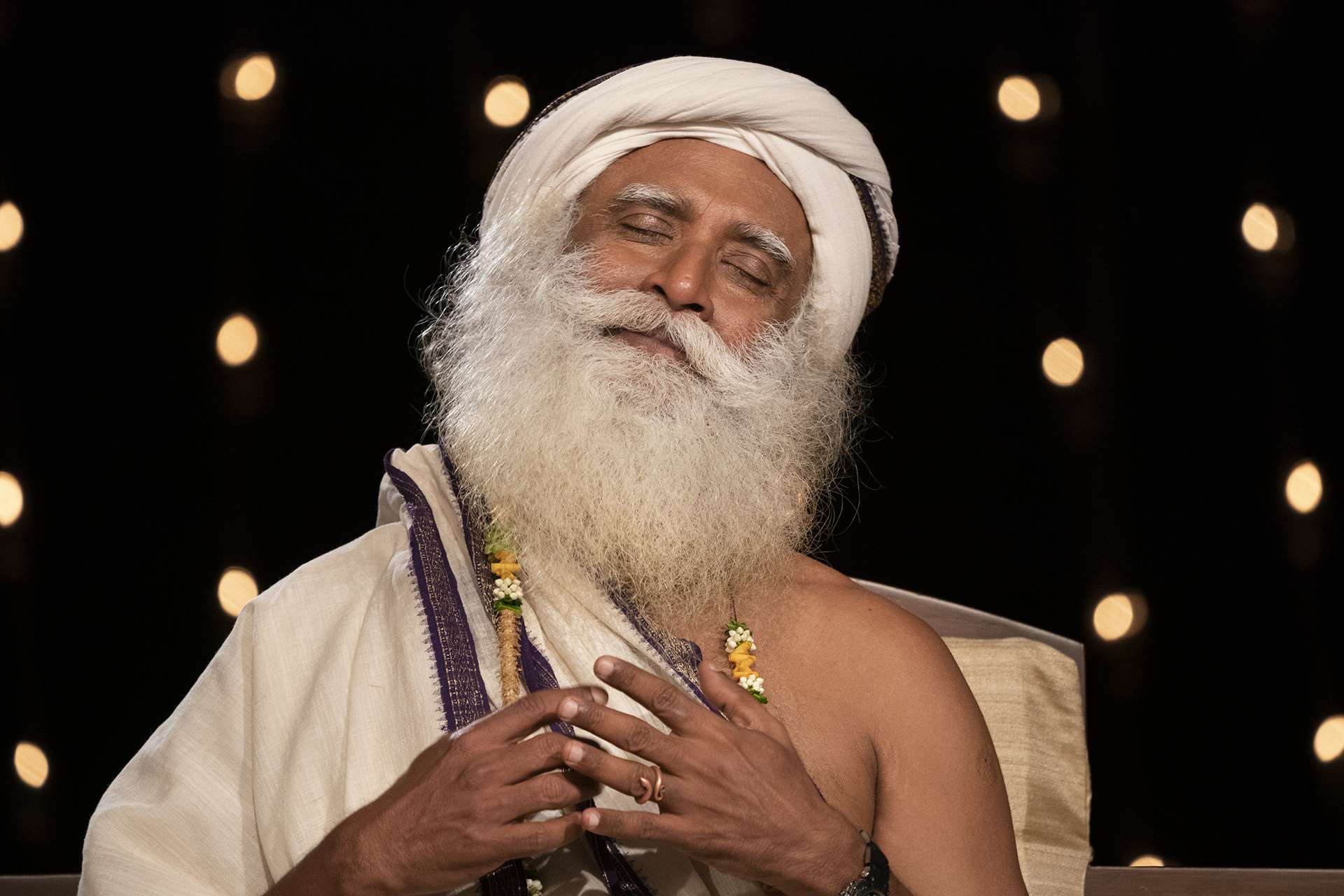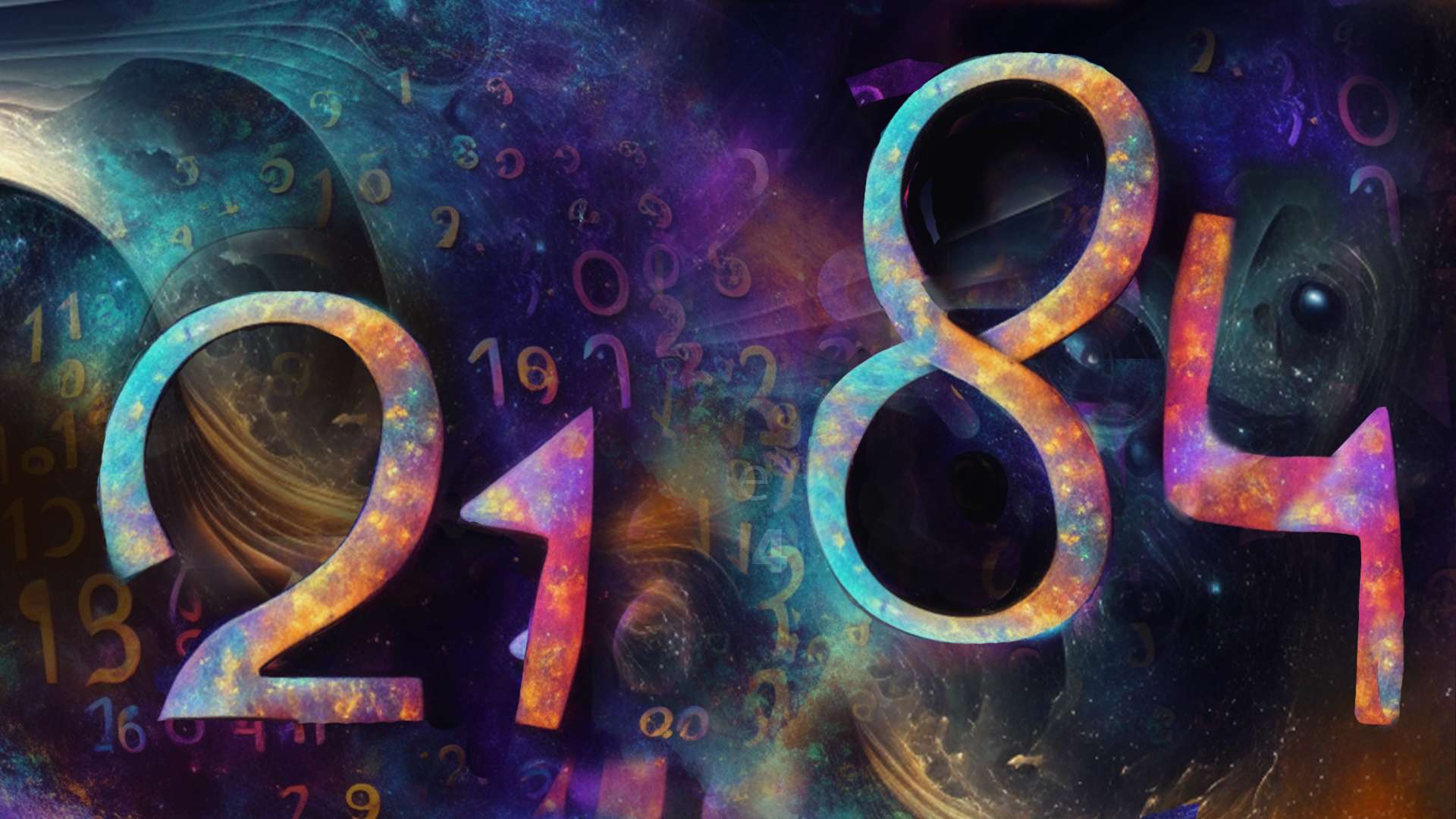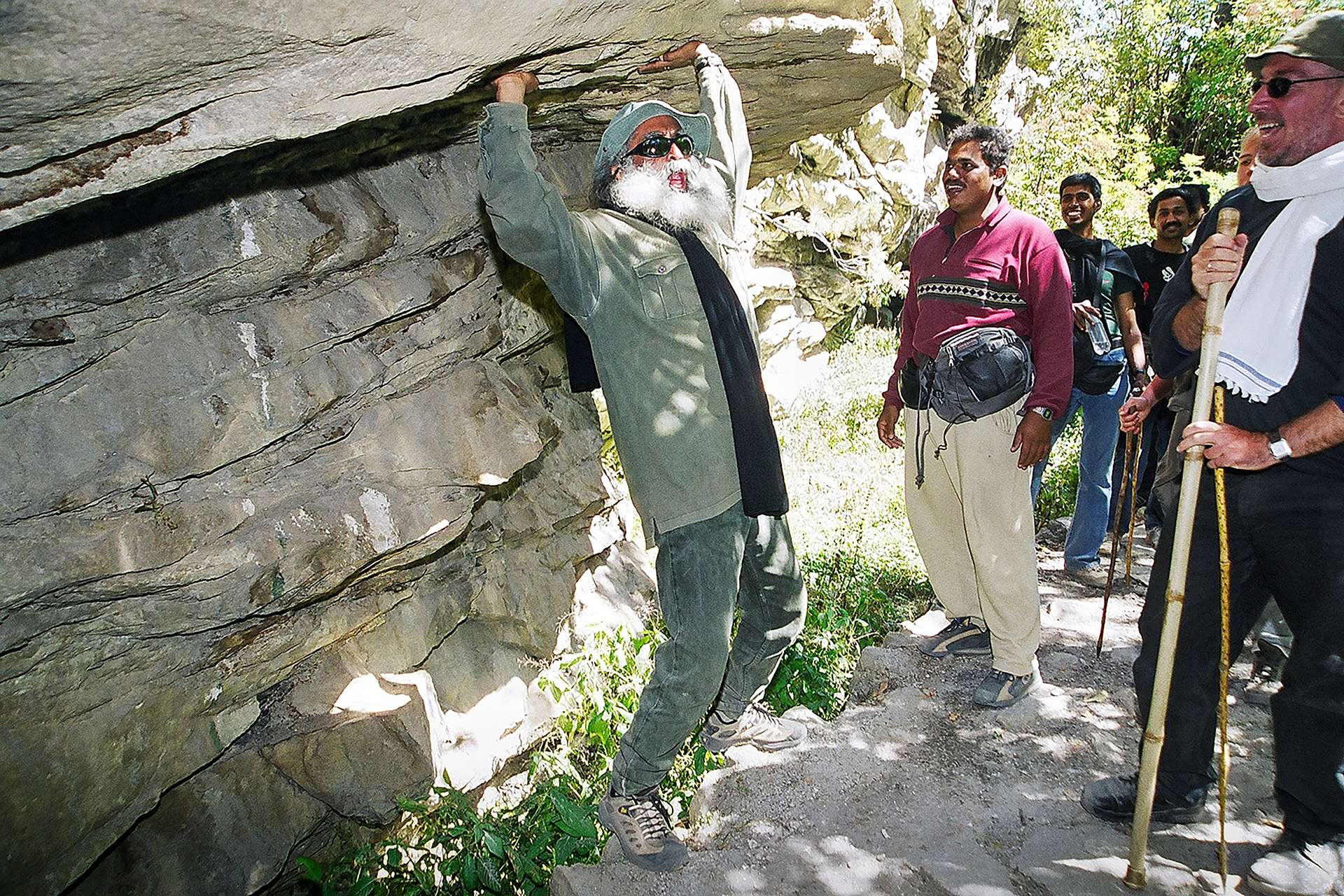In this eye-opening conversation with popular physician and podcaster Dr. Rangan Chatterjee, Sadhguru delves into the topic of sleep, exploring valuable yogic insights on rest and rejuvenation, as well as new perspectives on inner transformation.
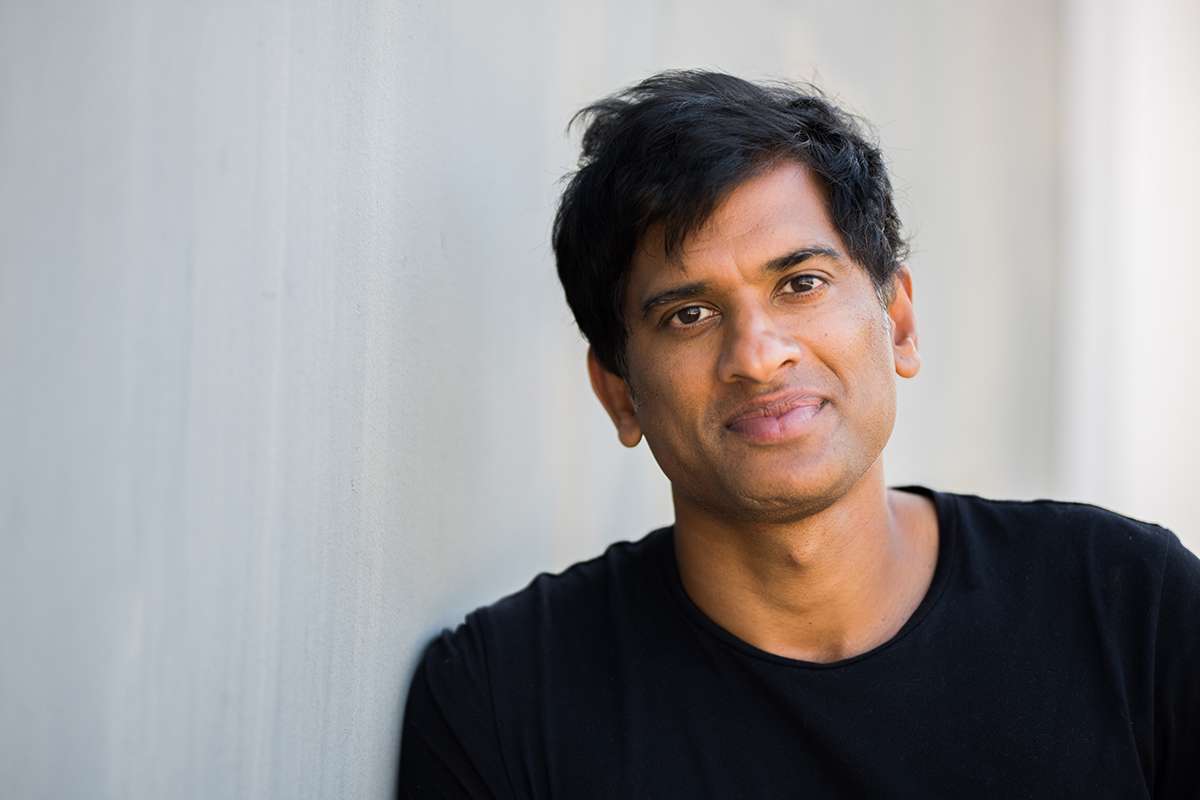
Dr. Rangan Chatterjee - Ali Rogers
The Awakening Paradox: A Yogic Solution for Insomnia
Dr. Rangan Chatterjee: First of all, I want to say what a huge honor it is for me to speak to you, and thank you very much for making time for me today. I thought we’d start off by discussing sleep. I’ve been a practicing medical doctor for over two decades now, and one of the most common problems I’ve seen, which is rapidly increasing, is many people coming and saying, “I can’t sleep, doctor; can you help me?” From your perspective, what do you think is going on?
Sadhguru: My life and work are about making people more awake than they are right now. Now you are telling me people are having problems falling asleep. I think the biggest issue is that most people are only half-awake during the day. Becoming more awake to life is important. If you become more awake to life, sleep is only needed for the body because it is the downtime for the body to rejuvenate itself.
I am not a medical practitioner; I am saying this from the yogic perspective, and from how my life happens: sleep is a kind of downtime. Both our hardware and software undergo a certain level of fatigue and need to recuperate. Sleep is a time for the body to recuperate and maybe come out in a new form.
Sleep could be used as a tool to rejuvenate yourself, to transform yourself, and to become an absolutely new possibility.
It is like no two flowers look exactly the same, even if they are from the same plant. This is the nature of sleep. Every day after sleep, you do not have to wake up as the same person or with the exact same software. Unfortunately, many people think remaining the same is a great virtue, but you should blossom into fresh possibilities.
Sleep could be used as a tool to rejuvenate yourself, to transform yourself, and to become an absolutely new possibility. But right now, many individuals are in a state of lethargy due to lack of physical activity; and, on the level of the mind, a kind of “mental diarrhea” is going on day and night; they cannot stop it.
What you need to do is increase the physical activity and reduce the mental activity. To reduce the mental activity, you need to invest more in perception and less in expression. This generation tends to focus too much on expression with hardly any perception.
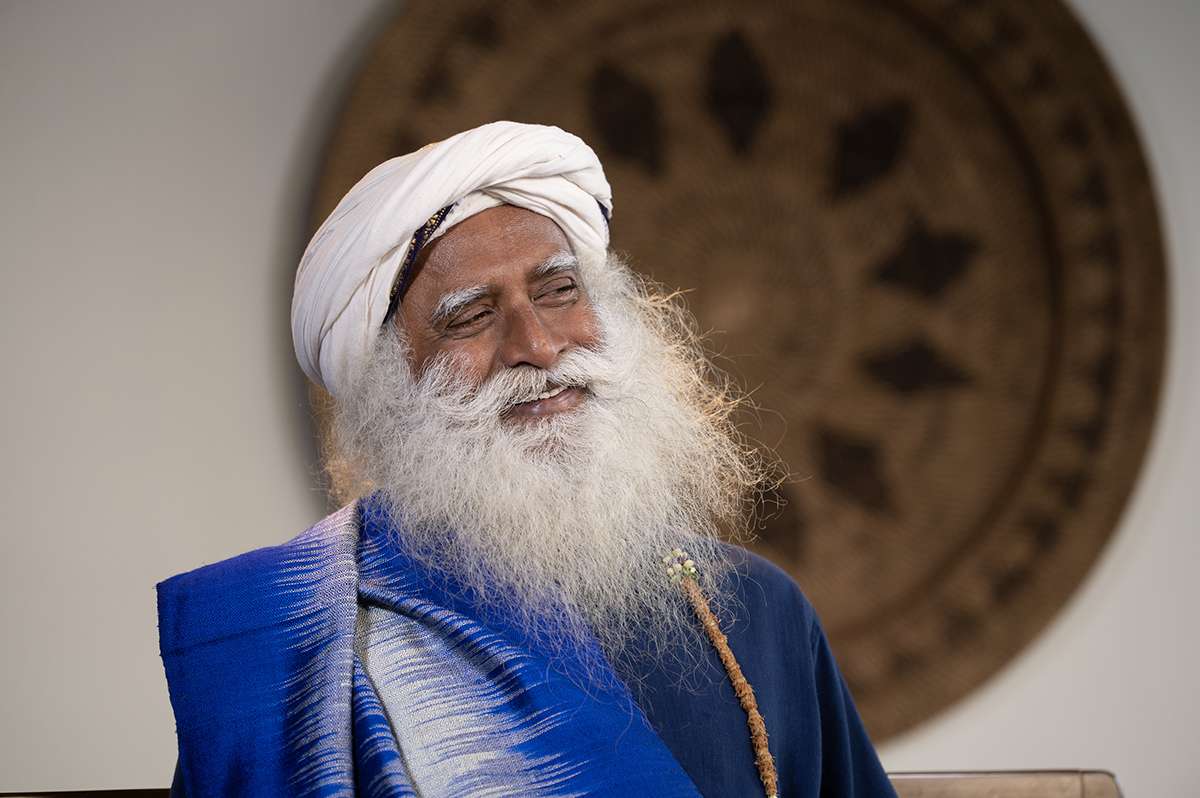
Life Beyond Prescriptions: Redefining Our Relationship with Sleep
Dr. Rangan Chatterjee: Okay. For someone who is struggling with their sleep and feeling wired in the evening, I have seen you have recommended things like eating three to four hours before bedtime, showering in the evening, maybe lighting a candle, maybe doing some Yoga or meditating. When ultimately, as you say, it is about expression versus perception, where do those practices fit in?
Sadhguru: This is like when someone comes to a doctor with a problem such as pain. The doctor may prescribe a painkiller, which is a momentary solution to relieve the pain, but not a solution for life. These things are just like that. The more significant question is if being awake or asleep is more important for you. The difference between sleep and wakefulness is like life and death. When you are asleep, it is as if you are dead.
People often struggle with sleep because they have been told to sleep a certain number of hours a day, otherwise they would risk health issues. But this advice may not suit everyone. It is crucial for people to understand that life is more profound than simply following prescribed steps. When someone is unwell, we can provide them with temporary fixes, but it is also important to look at why they are not well in the first place.
Instead of focusing on tidbits of advice, we need to look at life more profoundly and understand the root causes of our issues. For example, going to bed with a full stomach can be harmful to the system. It is essential to understand why this is the case and make necessary adjustments. Of course, you would fall asleep because eating late creates a lot of inertia, but this is not advisable.
Instead of focusing on tidbits of advice, we need to look at life more profoundly and understand the root causes of our issues.
When the metabolic activity decreases during sleep, the digestive process does not function well. This is a well-known fact. Now, imagine this heavy stomach bag lying on various other organs. As you roll over in your sleep, it can crush your liver and spleen, and cause other issues, acting like a road roller inside your body. If you sleep like this, it is only a matter of time before you become ill, depending on your constitution.
If you have a strong constitution, it may take a few years before you get sick. If you have a more fragile constitution, you could become ill within months if you do this every day. Therefore, it is important to have a minimum of three to four hours between eating and sleeping. Additionally, you should eat light meals in the evening.
If someone has the issue of going to bed at nine o'clock and waking up at 12:30 a.m., it may be better for them to go to bed at twelve o'clock and wake up at four o'clock in the morning. Whoever told you that you must sleep for eight hours most likely did not consider the individual needs of your body. There is no common prescription for sleep. On one day, your body may need five hours of sleep, while on another day, it may need only two hours.
The amount of sleep you need depends on the type and amount of activity you have done during the day. Just go by the requirement of the body rather than adhering to external prescriptions about sleep. There is no commandment that states, “Thou shall sleep for eight hours.”
Right now, the issue is that when you want to stay awake, you cannot stay awake, and when you want to sleep, you cannot sleep. This shows that, though the fundamental design is fine, still, what we do inside and the software we create on a daily basis are not well-engineered. If you engineer them properly, living stress-free is possible because a well-engineered system means you live with the least amount of friction.
The amount of sleep you need depends on the type and amount of activity you have done during the day.
Instead of telling people how to sleep, let me tell them how to wake up. Tomorrow morning when you wake up, you must be aware that every day, several hundred thousand people do not wake up due to natural death. When you wake up in the morning, pinch yourself, see if you are genuinely alive, and give yourself a smile. If you wonder what to smile at, your bedroom ceiling is good enough. The important thing is that you are alive.
The only thing you truly have is life. You may think you have a job, money, wealth, and a family, but if life is taken away from you, you have nothing. Keep in mind that you were dead for so long, and you are only alive for a brief amount of time. So, if you are still alive today, give yourself a smile. Every time you look at your watch, realize that you are still alive. Many people may have passed away since you last checked the time.
The greatest phenomenon happening is life, and it is throbbing within you. If you focus on becoming more and more awake, sleep will take care of itself.
